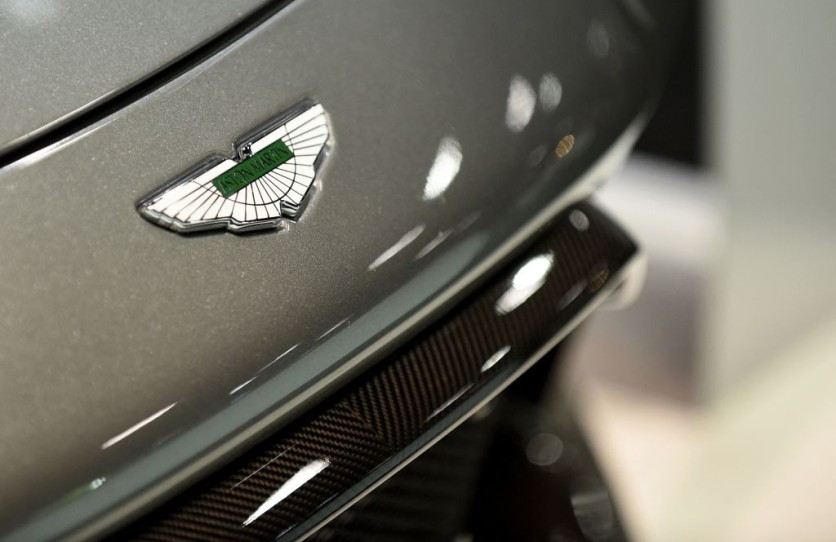Luxury car manufacturer Aston Martin Lagonda has announced its intention to persist in producing traditional internal combustion engine (ICE) vehicles as long as regulations permit, according to the company's chairman Lawrence Stroll, reported by AFP.

Aston Martin Lagonda Will Continue Manufacturing ICE Vehicles
Stroll emphasized the anticipated ongoing demand for ICE cars despite acknowledging it might dwindle over time. This stance from Aston Martin arrives amidst a broader global shift towards electric vehicles (EVs) driven by environmental concerns.
The EV shift reflects a broader societal and regulatory push towards sustainability and reduced carbon emissions in response to the escalating threat of climate change.
They have emerged as an alternative to traditional gasoline and diesel-powered cars, offering lower emissions, reduced reliance on fossil fuels, and potential long-term cost savings. However, EVs also present environmental challenges, particularly in manufacturing and battery production.
"For as long as we're allowed to make ICE (internal combustion engine) cars, we'll make them. I think there will always be demand, even if it's small," Stroll said in a statement.
Aston Martin's Delayed Launch of its First EV
Aston Martin's decision to continue manufacturing ICE vehicles aligns with its recent delay in launching its first electric vehicle until 2026, with deliveries expected in 2027.
This postponement followed Britain's extension of its ban on selling high-emission petrol and diesel cars from 2030 to 2035, reflecting governmental efforts to combat climate change and achieve net zero carbon emissions by 2050.
In response to regulatory pressures, Stroll hinted at increased investment in plug-in hybrid vehicles until the mid-2030s, leading up to an eventual ban on combustion-engine cars.
This strategy underscores Aston Martin's transitional approach towards electrification, blending conventional ICE technology with emerging hybrid solutions.
Read Also : Can the 2024 Mustang Mach-E Beat Tesla? New Model Offers More Range, Faster Charging & Blazing Speed
Leadership Transition
Aston Martin's decision also comes amidst a leadership transition, with the recent appointment of Adrian Hallmark as the company's new chief executive.
Hallmark's recruitment from Bentley, a subsidiary of the German-owned peer, signals Aston Martin's efforts to rejuvenate its leadership and navigate performance challenges within the brand.
Hallmark will assume his role by October 1 and will succeed Amedeo Felisa, an Italian national who has overseen Aston Martin's operations since May 2022.
Aston Martin's commitment to continuing the production of petrol-powered vehicles reflects a broader automotive industry trend, where traditional manufacturers grapple with the transition towards EVs amidst evolving regulatory landscapes.
Related Article : 3.4 Million Hyundai and Kia Vehicles Remain Unrepaired Six Months After Recall; Posing Safety Risks

ⓒ 2026 TECHTIMES.com All rights reserved. Do not reproduce without permission.




